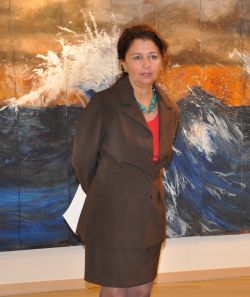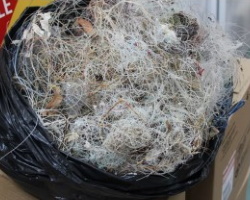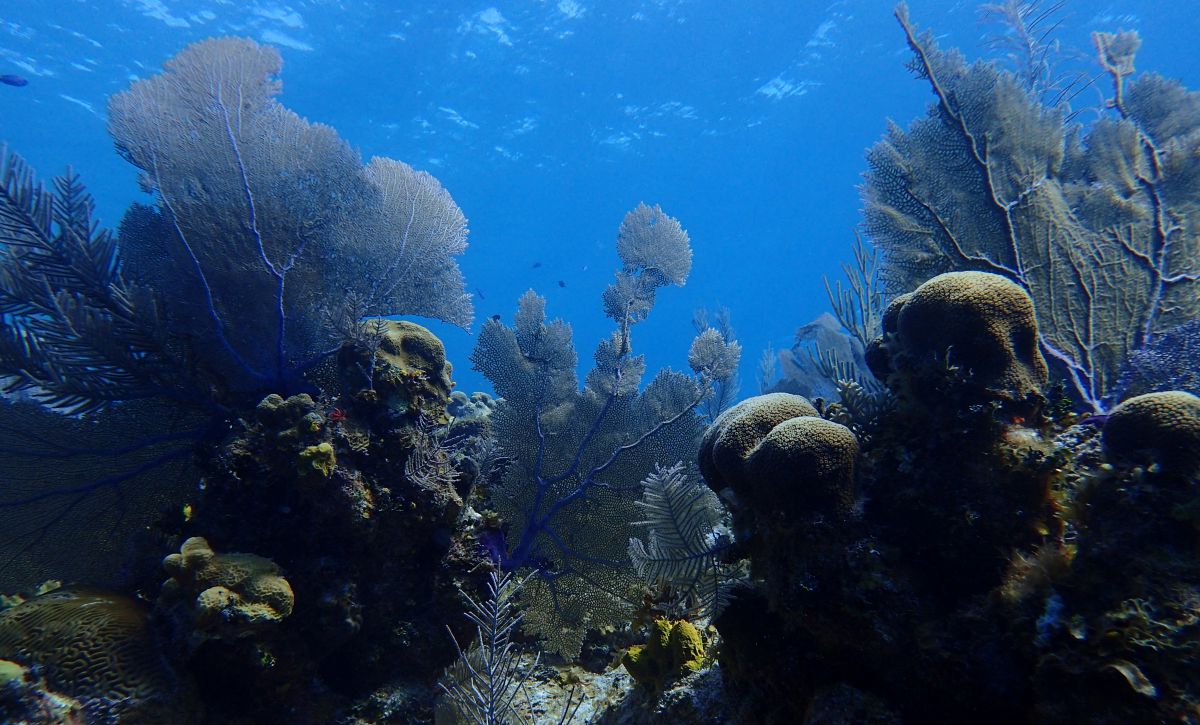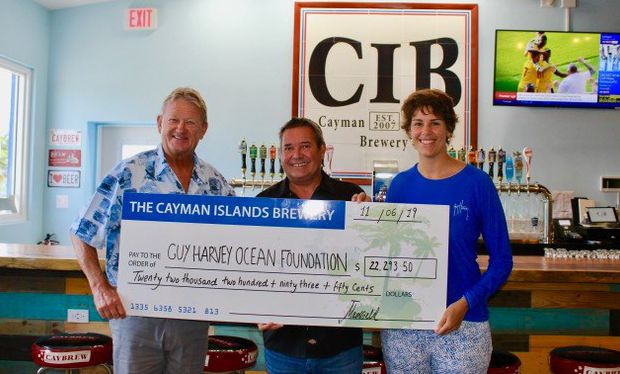(CNS Local Life): A Central Caribbean Marine Institute (CCMI) report looking at the organisation’s accomplishments in 2016 indicates it was a banner year for scientific publications and presentations at international scientific conferences, while educational occupancy and the Festival of Seas fundraiser hit record highs. The institute has been the training ground for 20 master of science and PhD projects.
In addition, the education calendar was the fullest in CCMI’s history with 177 children from local schools participating in its programmes, representing a record 59% increase in occupancy since 2014.
The report noted that 11 peer-reviewed research articles highlighted discoveries from work by international researchers at the Little Cayman Research Centre (LCRC). Their first publication in 2017 is being released this month in the Journal of Experimental Marine Biology and Ecology, including lead author Kate Peach who conducted two seasons of research for her PhD at LCRC.
The work simulated future ocean acidification (OA) conditions to shed light on which animals and plants living on the reefs surrounding the Cayman Islands will be winners and which will be losers.
Dr Carrie Manfrino, CCMI president and co-author on the paper, said, “[A]s temperatures and sea levels rise and as carbon dioxide levels in the ocean continue to increase the current balance in the ocean is changing. Marine algae and plants use up the carbon dioxide and are therefore key to maintaining the ocean’s balance.
“The research at CCMI is showing that despite the threats of OA, Halimeda, a green algae that is a major sand producer, is adapting. This discovery bodes well for the Cayman Islands because Halimeda happens to be one of the most abundant green algae in the lagoons and on the reefs.”
The work at the Little Cayman facility is made possible by scientific grants from major agencies, local sponsorships, and by fundraising activities, in particular the Festival of Seas.
Held in December and raising more than $1 million since beginning as a Christmas event in 2005, the festival has helped support facility improvements, operations, and education and research programmes at LCRC. Conyers, Dill and Pearman were headline sponsors of the 2016 festival, which helped make this the most successful event in the organisation’s history.
Funds raised by the festival are invested in improvements that are being made in February to upgrade the entire facility’s fire system to meet new safety codes and to replace the climate-control system in their primary wet laboratory where experiments are taking place this month.
Manfrino thanked the public for all its financial support at Festival of the Seas. “Through the kind donations of our loyal supporters, we will continue to make significant scientific breakthroughs whilst educating Cayman’s youth into the importance of our ocean health,” she said.





